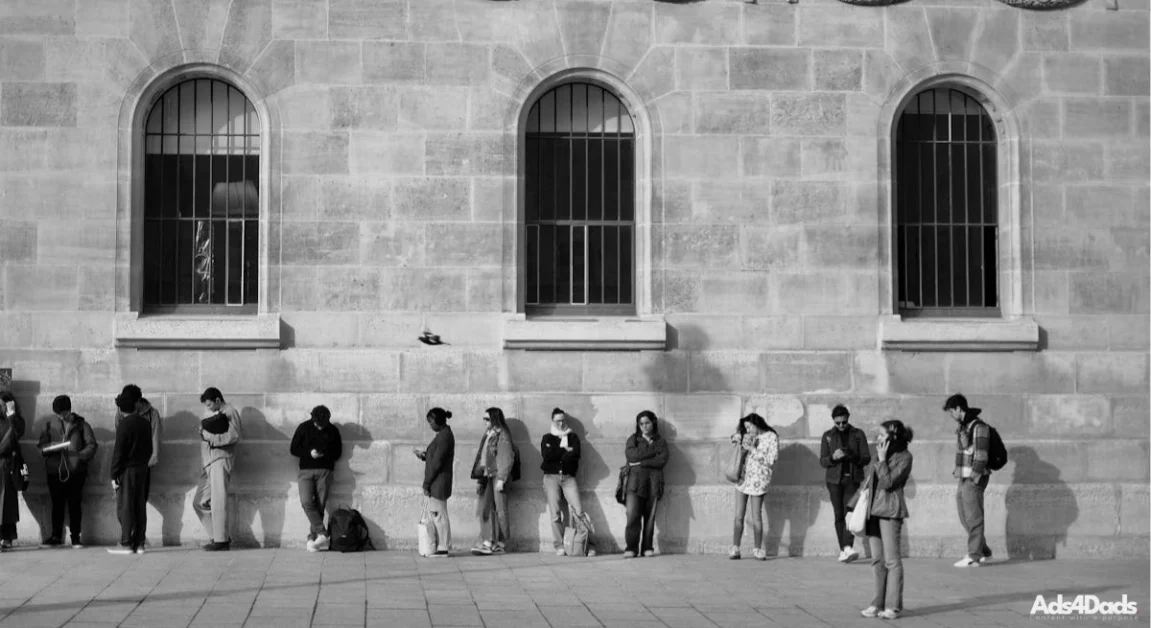One look at the world around us and it’s clear… peacemaking requires action. Peace isn’t going to create itself. Nations are in conflict, people are arguing, and relationships are breaking down. You may even have personal situations filled with bitterness or division. Thankfully, we can lean into Jesus’ wisdom found in the seventh beatitude:
“Blessed are the peacemakers, for they will be called children of God.”
Matthew 5:9 (NIV)
Peacekeeping vs. Peacemaking
Let’s be clear: peacemaking is different from peacekeeping.
Peacekeeping is often about avoiding conflict and keeping the surface calm. But Jesus never promised life without conflict. He assured us that while we are in this world, we will face trouble. That’s why peacemaking requires action. It involves effort, humility, and a willingness to follow God’s lead in difficult situations.
Peacemaking Requires Action
True peacemaking compels us to step out of our comfort zones. For those who are ready to walk this path, here are four practical ways to lead:
Peacemakers Lead with Humility
None of us are perfect. We all fall short and need grace. Humility allows us to approach others with a heart open to listening, learning, and growing. A humble posture makes space for healing.
Peacemakers Lead with Empathy
Even when we strongly disagree, respectful listening and compassion are vital. Peacemaking requires action rooted in understanding, not just reaction. Seeing others with empathy is often the turning point toward resolution.
Peacemakers Lead with Truth and Grace
Jesus was never passive, He told the truth with love. We are called to follow that same balance. Truth without grace becomes harsh; grace without truth becomes shallow. The combination is where transformation happens.
Peacemakers Lead Others to Jesus
At the center of every effort toward peace should be Christ. When we acknowledge our mutual brokenness and shared need for God, the doors open for real reconciliation. Without Him, lasting peace is out of reach.
For more on building character through challenges, read our post on Are You Ready to Chase Your Dreams? How to Live Your Best Life
Final Thoughts: Invite God into the Work
Being a peacemaker does not guarantee instant results. Some conflicts may take time to mend—or may never fully resolve. But when you invite God into the process and remember that peacemaking requires action, He can do more than we imagine.
If you’re seeking more insight on biblical peace, visit BibleProject’s explainer on Shalom for a deeper understanding of what it means to live out God’s design for wholeness.
Peacemaking FAQ’s
Because real peace takes courage, truth, and effort. Peacemaking means actively addressing conflict with grace and a desire for reconciliation.
To be a peacemaker often requires us to keep our opinions and perspectives to ourselves. Some people vent their frustrations online and they have no interest in genuine dialog, they just want to start a fight. So, if you know that is the most likely outcome, then it’s not worth making any comments whatsoever.
The best solution is to NOT turn the news on at all. Your mind will be filled with whatever you fill it with!
How To Be A Peacemaker
If you recognize the value of working for peace, we think you’ll also enjoy reading about: Changing Our Perspectives About Work: Serving God in Every Task. It’s a great time to be inspired in the workplace!












